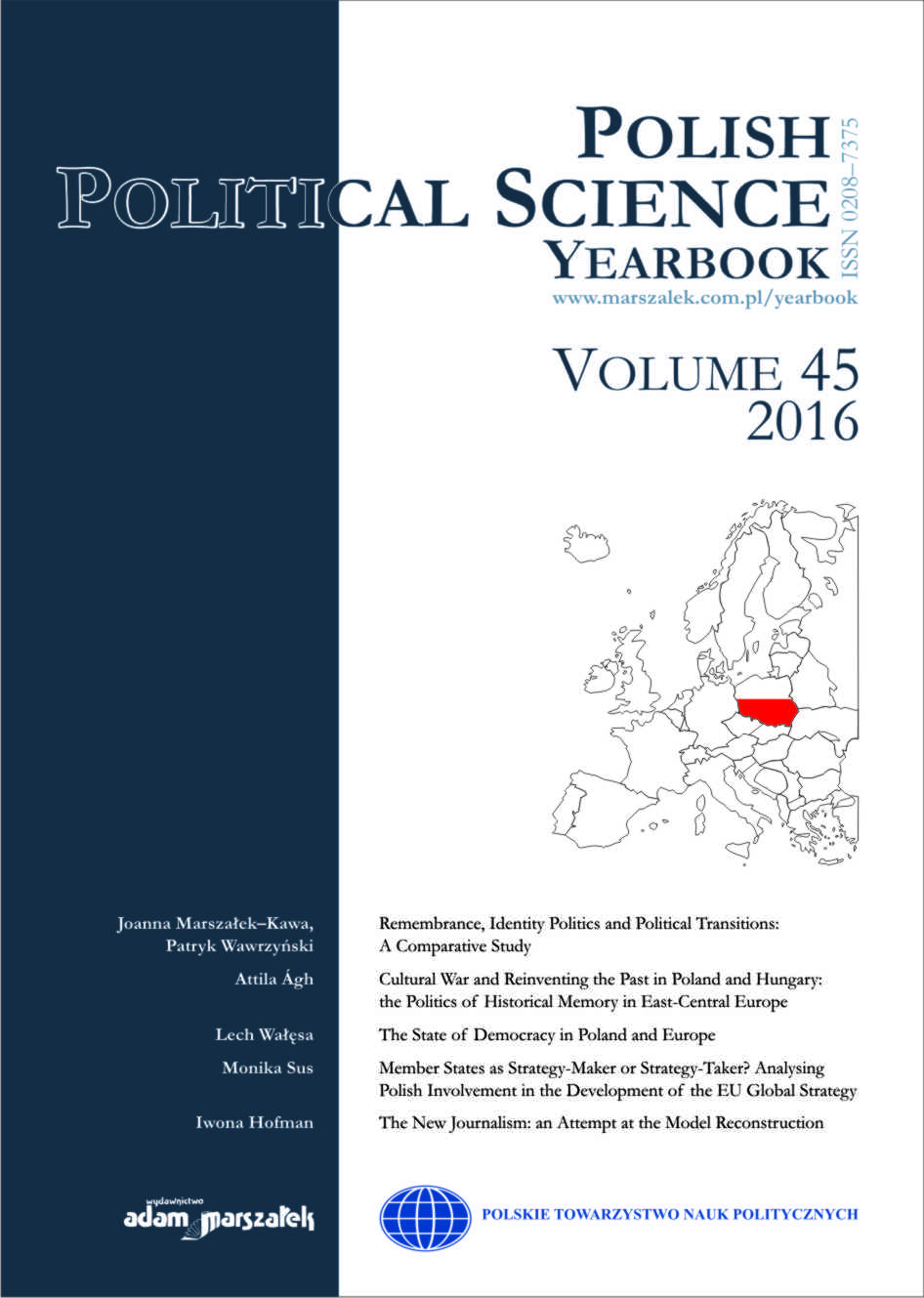Peace Science: Orientation and Reorientation
Peace Science: Orientation and Reorientation
Author(s): Liu Cheng, Egon SpiegelSubject(s): Christian Theology and Religion, Political Philosophy, Political Theory, Political behavior, Political psychology, Politics and law, Politics and religion, Politics and society
Published by: Wydawnictwo Adam Marszałek
Keywords: peace; non–violence; peace education; sensitivity; war; transculturality; conflict transformation
Summary/Abstract: Peace is non–violence and there is only one way to achieve it: peace as structural and interpersonal non–violence. The daily non–violence is as instructive as the spectacular actions of Mahatma Gandhi and Martin Luther King. Peace education is better based on demonstration what we “can” than to postulate of what we should do. The Peace Studies prefer a resource–oriented approach to education instead of a deficit–oriented. Our central thesis is that the youth is living in a kind of transculturality, the best conditions for peacebuilding. Considering the increasing sensitivity we expected that latest in 2075 we will make the war a taboo. The central key to solve conflicts nonviolently is conflict transformation in trusting a spiritual third power in between the opponents, even secularized people. The peace education has to help us to discover the third in nonviolent activities. There is a lot of difficult issues that the non–violence has to reflect in future, including elimination of the extreme violence, reconciliation, an impact of economy, the peacebuilding’s relevance of structural measures.
Journal: Polish Political Science Yearbook
- Issue Year: 45/2016
- Issue No: 1
- Page Range: 245-256
- Page Count: 12
- Language: English

